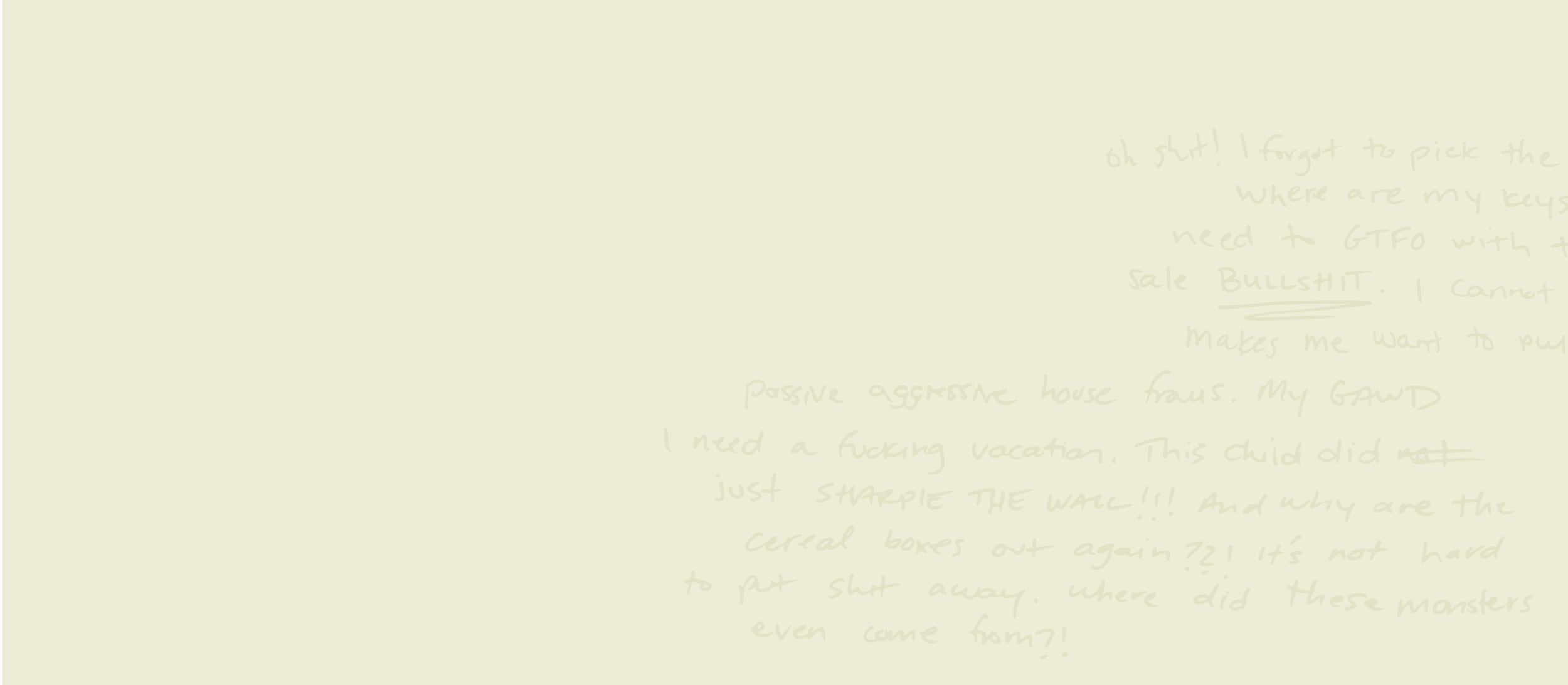
EPISODE 59
How to Re-Decide What We Pass On with Marina O’Connor
How can understanding transgenerational trauma help us break the cycle of unconscious patterns and beliefs passed down through generations?
Have you ever wondered why you think the way you do or react to situations a certain way - specifically in parenthood? Many of our beliefs and experiences are not created in isolation, but are influenced by our family's history. When we recognize this it is so powerful, but guess what’s even MORE powerful…we get to choose what we pass down to our children.
You may have heard a conversation I had with Marina last (click here if you haven’t!), and I am so excited to have her back on the pod! This week’s conversation was truly life-changing for me and I’m excited to share it with you.
Marina is a trauma therapist and serial entrepreneur. She's has a background in developing businesses and decided to pivot her career to become a therapist around 10 years ago.
She now has an international psychotherapy practice focusing on working with transgenerational and developmental trauma. She is passionate about helping people to heal, grow, and change in their unique ways.
As a child of divorce, Marina always felt a natural tendency to bring peace and calmness to a situation. So her passion for helping parents and even leaders of organizations work through the trauma or bring awareness to it is truly something inspiring.
I love her story because I feel like so many therapists, myself included, are just curious about our own suffering, our own way of no longer navigating the world in a way that feels good. We are all passionate about growing and evolving and healing and figuring out what’s blocking us from living our best life. And whether we realize it or not, those feelings often stem from trauma or specifically transgenertaional trauma.
So what is transgenerational trauma?
Transgenerational trauma - The unconscious knowledge that is passed on from one generation to the next. It can originate from a variety of sources including, but not limited to: Historical events, family dynamics and cultural and societal factors.
Marina shares that because some of those developmental stages are proverbial, we're not going to know rationally or explicitly why are we struggling in the way that we struggle. And very often this is where the blame comes. This is, very often again when this tension and pressure that we're talking about before it comes because there is no understanding that we're not able to give what we haven't received.
Think of it like this: If you don’t have a nurturing parent, someone who loves you for WHO you are, not the grades you have, not what you do, what you wear, but truly shows up and accepts you for who you are then how are you going to be able to pass that experience of nature to your kids?
I think when I talk about re -deciding what do we pass on, it starts with, finding that warmth for ourselves, within ourselves, and then starting to give to ourselves what we haven't received. - Marina
And I believe that’s so true! As we notice things happening with our kiddos, it’s like we’re having to reparent ourselves with the things we didn’t get like nurture or warmth or whatever it is for you. I feel like most of us girls got in trouble for having big feelings growing up and, at least this was the case for myself, got in trouble for it. So now, when I see my six year old having big emotions, I’m trying in the moment to break that cycle, even though I almost feel paralyzed because my subconscious response is to send her to her room.
I feel like what she shares is really important because as mamas who tend to lean toward perfectionistic tendencies, we think because we haven't totally broken the cycle, because we're not totally present and totally patient, we're terrible mothers, when in fact that is NOT true. If you’re in a moment where you realize it’s your inner child talking to or parenting your child, just taking a time out to regulate, then coming back to the situation to repair it is so powerful. THAT my love, is breaking the cycle.
In our conversation, Marina hits on something that I believe a lot of us can resonate with. She said the ideas of being a parent and needing to be calm or patient all the time, can be so harmful because they take away the humility and just human nature of us. And mama guess what…
It’s okay for our kids to see us be human.
Can we let that sink in for just a minute…wow…
Mama, I hope you walk away from this episode knowing it is OKAY to feel your feelings. Let your feelings guide you and be teachers and embodying all of that. It may be a place you don’t want to be, or is uncomfortable, but when we accept ourselves as we are then we are able to truly heal. I fully believe that.
We can be the change for our children. But first we have to do the work with our inner child to be able to truly give our children what we want to give them - things we may not have received. I’ve said it before and I’ll say it again, when we heal the mother, we heal the world. And what I was hearing Marina say in this conversation was, if a mother sits with herself and learns how to be with her feelings and ride the waves of ups and downs, showing herself grace and compassion - that in and of itself is massive for healing this transgenerational trauma.
I really enjoyed my chat with Marina and we could go down so many more rabbit holes with the wealth of knowledge she has in her field. She’s amazing! Be sure to connect with her on social media and follow all the wonderful things she does!
Connect with Marina!
Website: www.physistherapist.com
Instagram: @physistherapist
Take care of yourselves and therefore each other!
XO, Brooke Jean
-
Brooke gives a brief description of Marina’s work and experience in generational trauma
Expectations in the workplace and as a mother
Switching from 9 to 5 and choosing psychotherapy
-
Defining transgenerational trauma as unconscious knowledge passed down through generations
Recognizing the influence of family history on our beliefs and experiences
Exploring the importance of deciding what we want to pass on to our children
-
How our unresolved issues can influence our children
Emphasizing the responsibility of the previous generation to facilitate the growth and development of the next generation
Exploring the challenges of parenting without having received the necessary support and nurturing during one's own childhood
-
Perfectionism as a trauma response and its origins in children having to grow up too fast
The pressure to constantly change and be a certain way to feel accepted and loved
The importance of reconnecting with oneself and allowing space for growth and development
-
Reconnecting with oneself and providing support to one's inner child
When a mother heals herself, she helps heal the world
Recognizing the privilege of having access to information and support for healing and growth
-
We don't have to earn love
The importance of parenting from a place of unconditional love and acceptance
Supporting our children's growth and development

CONTINUING THE CONVERSATION
I hope that you’ll join me in this movement, and that you can authentically reconnect with who you really are. That’s where your essence and your gems really lie.
Follow along on Instagram
@brookejeanunperfected to see how ridiculous I am IRL.
Join my private Facebook group Mommy’s Mental Health Matters and let’s continue the conversation, uplift one another, and build the life that we have always dreamed of. I would love to have you!
To support
subscribe, rate and review the unPERFECTED pod, share the episode on social media, and tag me at @brookejeanunperfected.
Thanks so much for listening!


